Wood Stove Chimney Service Schedule
Proper scheduling of wood stove chimney service is essential for safety, efficiency, and optimal performance. Regular inspections and cleaning help prevent creosote buildup, which can cause chimney fires. The best time to schedule service is typically before the heating season begins and after it ends, ensuring the chimney is in good condition for use and ready for inspection after heavy use.
Scheduling chimney service before the heating season ensures any issues are addressed early, reducing fire risk and improving stove efficiency.
Cleaning after the heating season removes creosote and debris accumulated during use, maintaining safety and extending chimney lifespan.
An annual check-up is recommended to identify potential problems and ensure compliance with safety standards.
During periods of heavy use, inspections can help detect early signs of creosote buildup or blockages that could pose fire hazards.
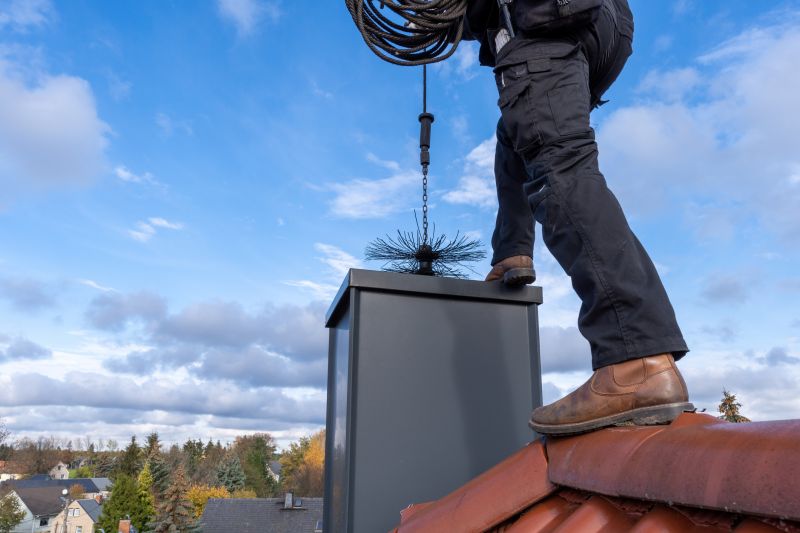
A technician examining a wood stove chimney for creosote and blockages.
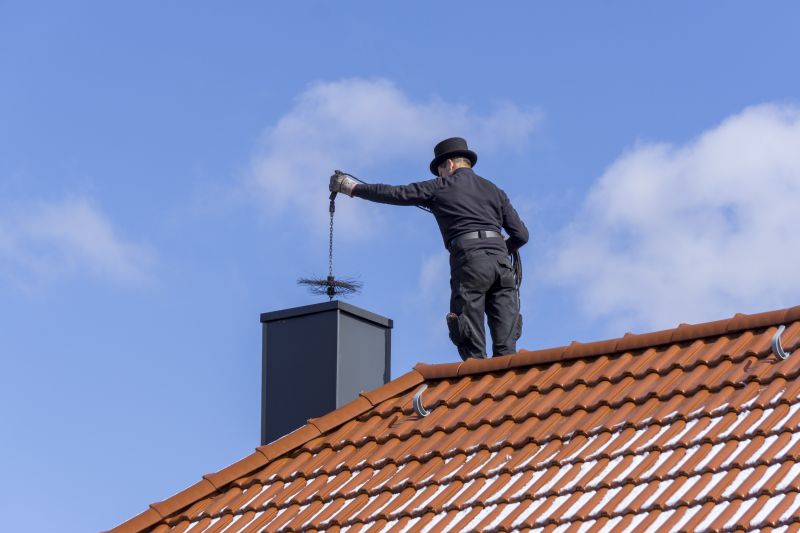
Professional cleaning of a chimney to remove soot and creosote buildup.

Tools used for chimney inspection and cleaning procedures.
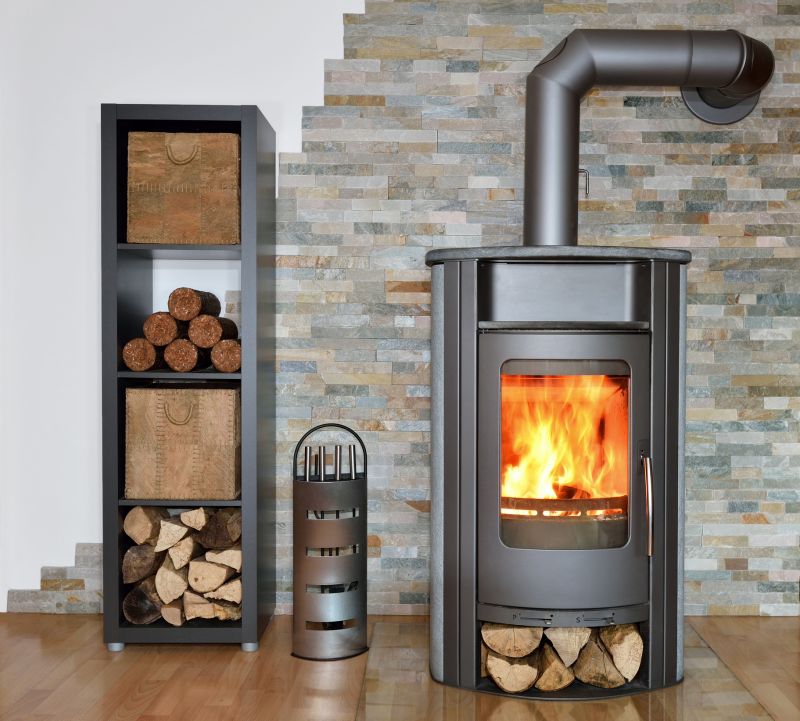
Ways to make Wood Stove Chimney Service work in tight or awkward layouts.
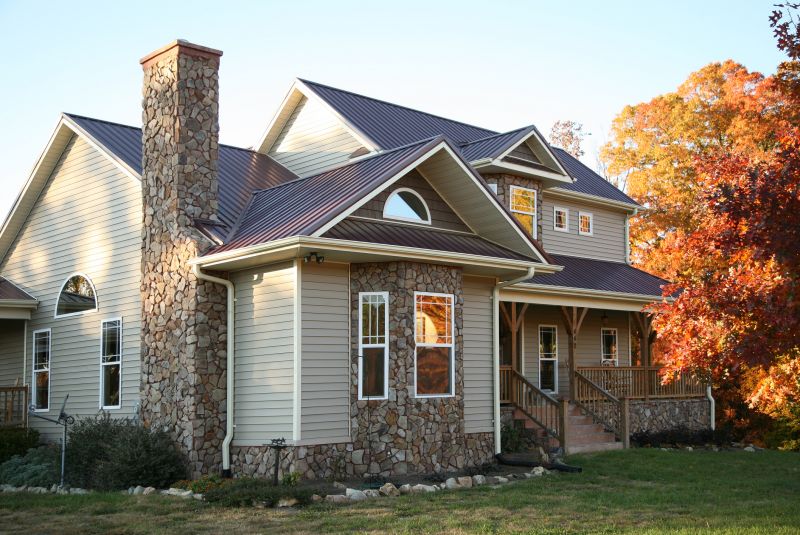
Popular materials for Wood Stove Chimney Service and why they hold up over time.
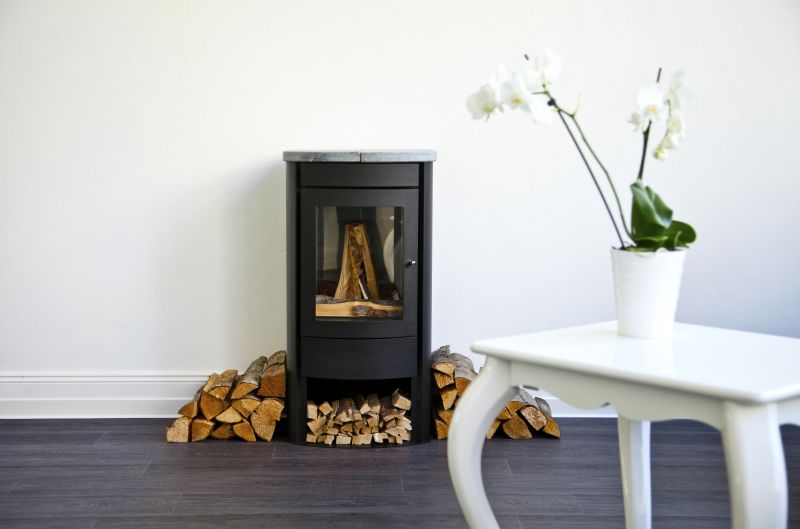
Simple add-ons that improve Wood Stove Chimney Service without blowing the budget.
| Timing Consideration | Recommended Action |
|---|---|
| Before heating season | Schedule an inspection and cleaning |
| After heavy use | Perform a thorough cleaning |
| Annually | Conduct comprehensive inspection and maintenance |
| During off-peak months | Plan service for convenience |
| Signs of trouble | Contact a professional immediately |
Wood stove chimney service involves inspecting and cleaning the chimney to remove creosote deposits, soot, and debris that accumulate during operation. Creosote buildup is a primary cause of chimney fires, and regular maintenance significantly reduces this risk. Proper service not only enhances safety but also improves the efficiency of the wood stove, ensuring better heat output and reduced fuel consumption. Statistics indicate that regular chimney cleaning can prevent up to 90% of chimney fires caused by creosote buildup. Additionally, maintaining a clean chimney extends its lifespan and reduces costly repairs.
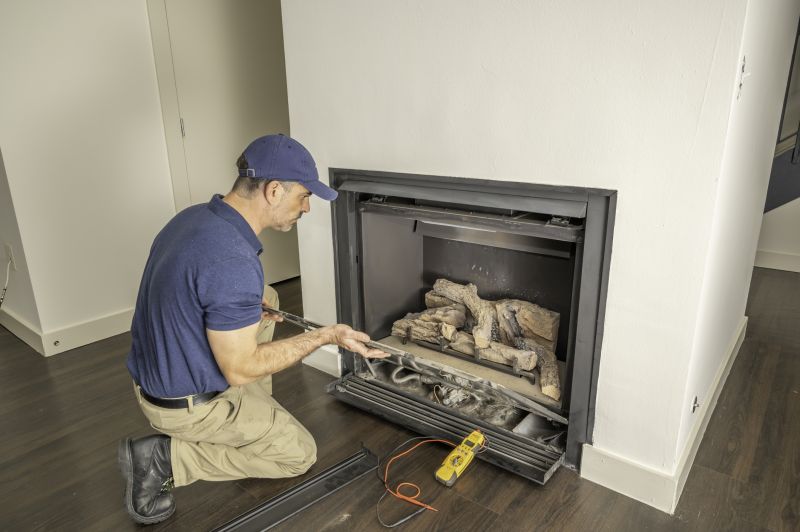
A technician cleaning a chimney with specialized tools.
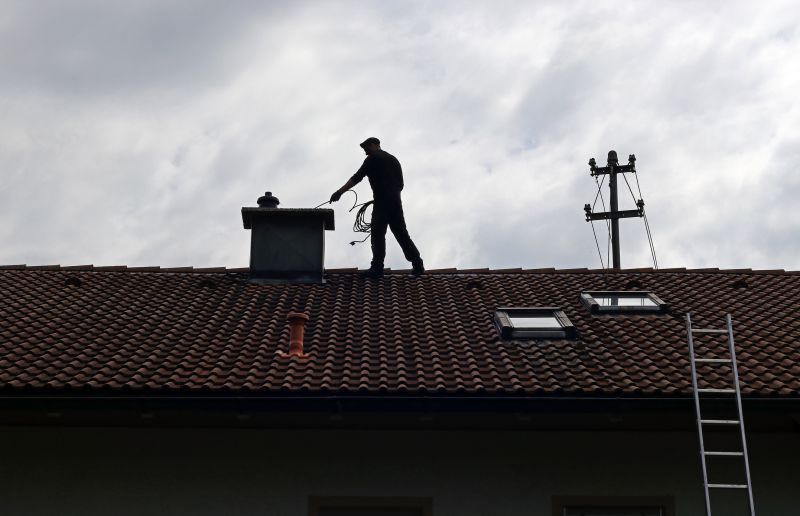
Close-up of creosote buildup inside a chimney.
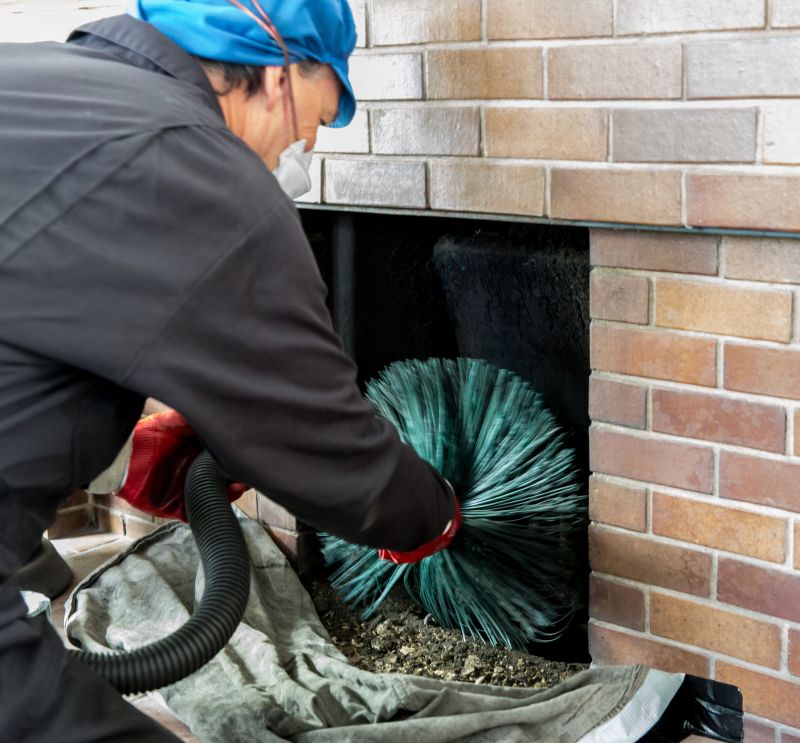
Tools used for chimney inspection and maintenance.
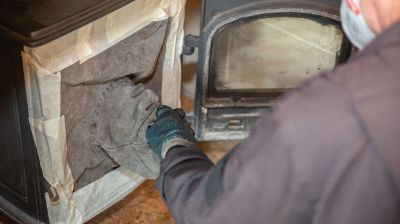
A well-maintained, clean chimney ready for use.
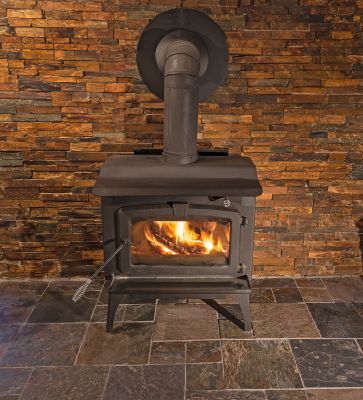
High-end options that actually feel worth it for Wood Stove Chimney Service.
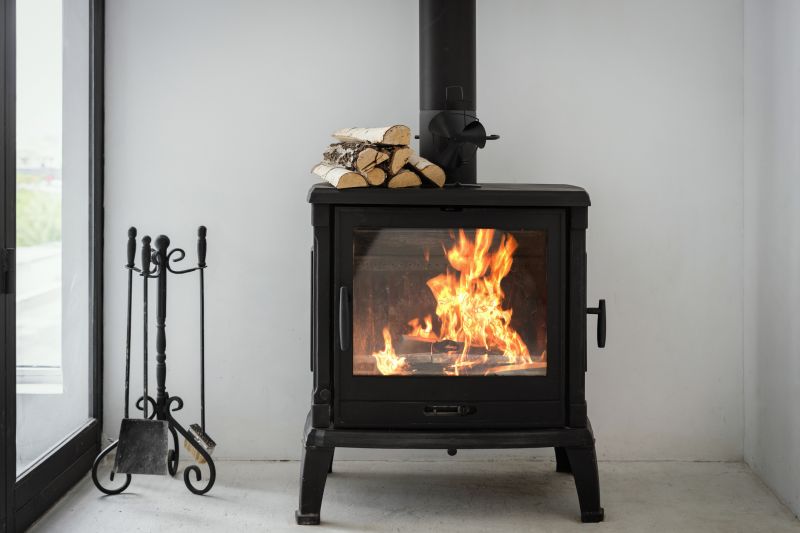
Finishes and colors that play nicely with Wood Stove Chimney Service.
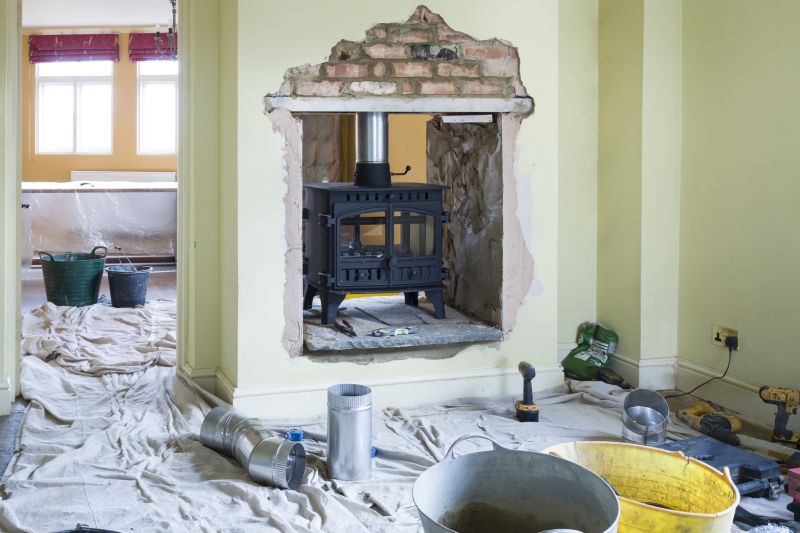
Little measurements that prevent headaches on Wood Stove Chimney Service day.
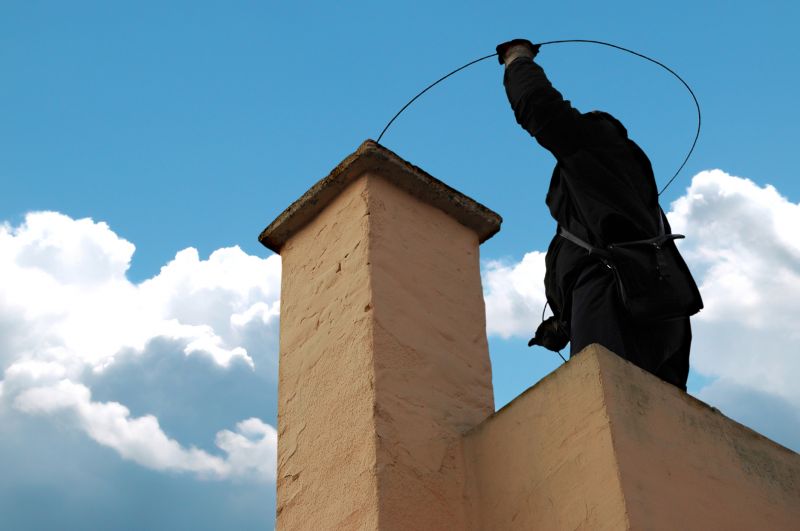
A 60-second routine that keeps Wood Stove Chimney Service looking new.
Timely wood stove chimney service is vital for safety and efficiency. Scheduling inspections and cleaning before the heating season helps prevent fire hazards and ensures the stove operates at peak performance. Regular maintenance reduces the likelihood of costly repairs and prolongs the lifespan of the chimney system. Homeowners and users are encouraged to monitor their chimneys for signs of creosote buildup, such as strong odors, smoke backdrafts, or reduced draft, and to seek professional service accordingly.
Dark, tar-like deposits inside the chimney indicate buildup requiring cleaning.
Most chimneys should be inspected and cleaned annually or after heavy use.
Enhances safety, improves stove efficiency, and extends chimney durability.
Select experienced professionals for thorough inspection and cleaning.
